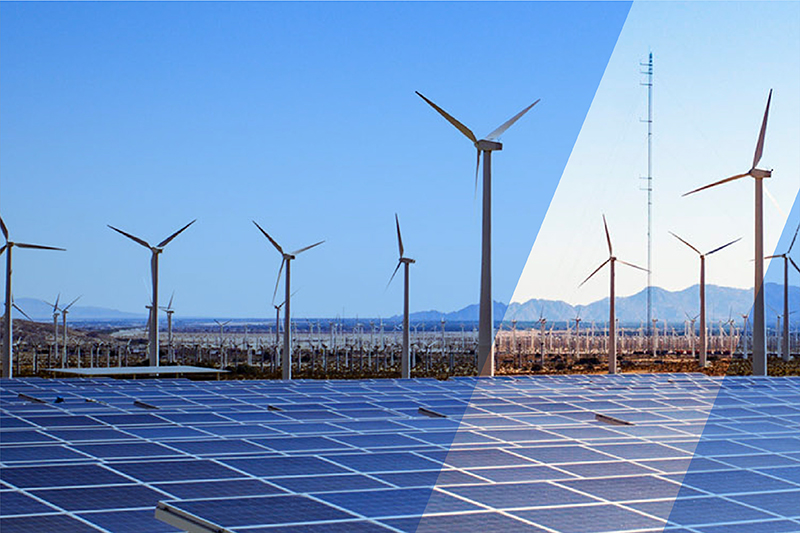News

As temperature records tumble and climate concerns rise, Xlinks, working with UK Government, is developing part of the solution
Concern is reported to be growing from the scientific community about the seemingly accelerating climate crisis following a series of freak weather events around the world in recent weeks.
Several climate records have been broken so far this summer and the ongoing heatwave in Europe indicates there may be more to come. Southern Europe has been breaking heat records daily and the world experienced its hottest day ever recorded in July, with the average global temperature topping 17C for the first time, breaking the global average temperature record set in 2016.
In June, temperatures off the west coast of Ireland were between 4C and 5C above average, which the National Oceanic and Atmospheric Administration classified as a category 5 heatwave, or “beyond extreme”. More widely, the average global ocean temperature has smashed records for May, June and July. It is approaching the highest sea surface temperature ever recorded. The area covered by sea-ice in the Antarctic is also at record lows for July. There is an area around 10 times the size of the UK missing, compared with the 1981-2010 average.
Studies are underway to unpick the exact link between these events and climate change, but scientists already fear some worst-case climate change scenarios are unfolding.
Imperial College London climate science lecturer, Dr Paulo Ceppi, told the BBC: “The Earth is in uncharted territory now due to global warming from burning fossil fuels, as well as heat from the first El Niño – a warming natural weather system – since 2018.”
The need for clean power has not gone unnoticed by the public, with opinion polling placing renewable power sources as the most supported way of meeting our electricity needs. In government too, attention has turned to promoting the energy transition and its potential for economic growth, lower prices and reduced emissions.
Xlinks is working with the Department for Energy Security & Net Zero (DESNZ) to assess the viability and merits of the proposed Morocco – UK Power Project as part of the solution to the climate emergency.
Upon completion, the Project will supply 8% (3.6 GW) of the UK’s electricity needs from onshore renewable sources in Morocco via the world’s longest high-voltage direct current (HVDC) subsea cable. This first-of-its-kind venture will provide enough clean power for seven million homes as part of the UK’s leading role globally in the fight against climate change.
Simon Morrish, CEO of Xlinks, said: “The support of the UK Government is crucial in realising our ambition to supply British households with secure, affordable, and green energy in the face of the growing climate crisis.
The dedicated team at DESNZ have been working hard to progress the granting of a CfD for Xlinks and have invested more than 9,500 hours in the first 6 months of this year assessing and advancing the project through a Business Case process that is ongoing. We are very grateful for the time and dedication the UK Government is committing to this project which provides a key solution in accelerating the country’s transition to clean sources of power.”